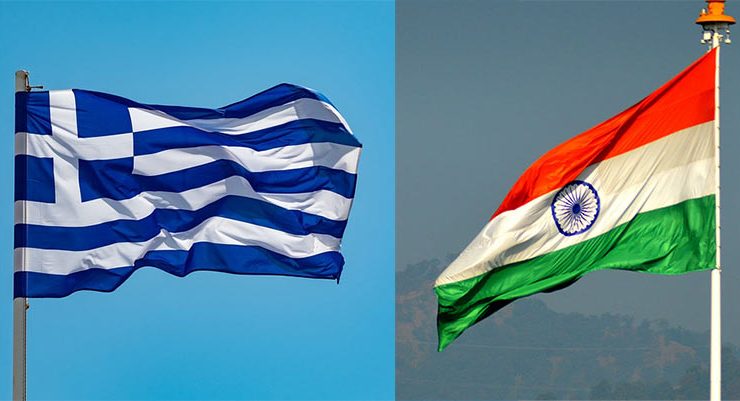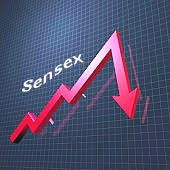The India government does not see the debt crisis in Greece has an immediate adverse impact although the financial markets may be in a tizzy. India being a relatively stronger market, while there could be capital outflows from emerging markets, the effect might not be severe. It may be noted that the possibility of a rise in oil prices could further fuel inflation while the rise in demand for sugar, milk, and pulses indicated a diversification in the nutritional choices of the people also continue, which remain a concern on the inflation front, as it accounted for 52 percent of the wholesale price index.
 Finance secretary Ashok Chawla said on Monday “As far as India is concerned, the impact on us will be minimal. In fact, in the short run — that is, purely in the short run — it might help us in terms of India being regarded as a relatively safer haven” while Commerce and Industry Minister Anand Sharma told reporters on the sidelines of a Tea Research Association function said “We are keeping a very close watch (on Europe). So far there has not been any adverse impact, but the situation is being carefully monitored”.
Finance secretary Ashok Chawla said on Monday “As far as India is concerned, the impact on us will be minimal. In fact, in the short run — that is, purely in the short run — it might help us in terms of India being regarded as a relatively safer haven” while Commerce and Industry Minister Anand Sharma told reporters on the sidelines of a Tea Research Association function said “We are keeping a very close watch (on Europe). So far there has not been any adverse impact, but the situation is being carefully monitored”.
Reserve Bank of India, Deputy Governor Subir Gokran said today “Though India is in a stronger position among the emerging markets, we cannot rule out net capital outflows. “We are planning to consolidate the early findings and come out with a study paper over the next few weeks. There has been a structural change in the demand pattern of food. There has been an increase in demand for food commodities. Largely, people are moving from primarily a cereal-based diet to diversified nutrition. The study is a part of RBI’s research agenda to know what is driving food prices, as they have a significant impact on inflation. We are keen to know what are the long-term and short-term factors driving food prices and if the supply side is capable of meeting this demand”.
However, the government is keeping a close watch on developments in Europe especially since it accounts for more than a fourth of India’s exports.


